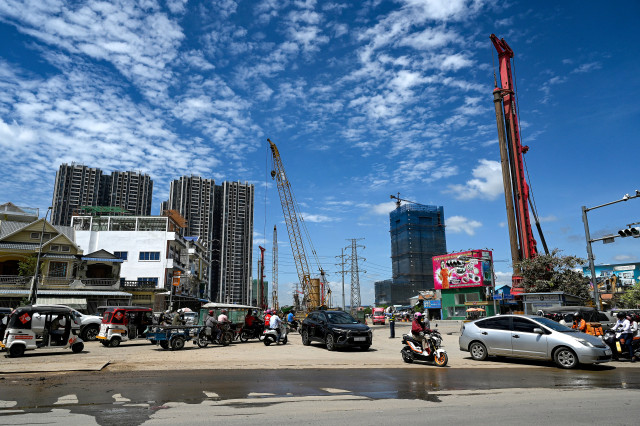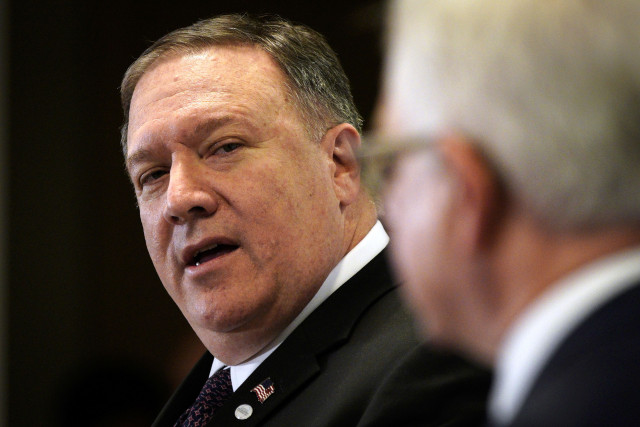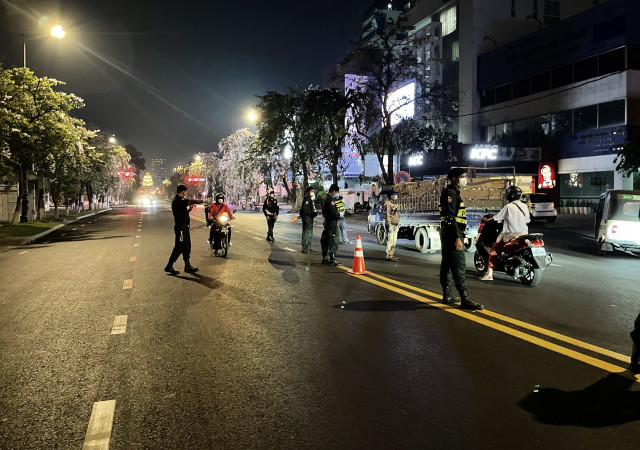Global Warming: A Collective Challenge, But Not for Everyone

- By Cambodianess
- July 23, 2023 10:00 AM
How much horsepower had these four cars alone, I couldn’t say, being neither a mechanic nor a fan of sports cars. But seeing these four speedsters waiting for the street lights to turn green on Sihanouk Boulevard slightly took me aback.
Were they Ferraris, Lamborghinis? Were they supercars or hyper cars? I didn’t have enough time to identify them except to note their bright colors—orange, green, blue and red—and the deafening roar of their engines as soon as the streetlights turned green.
So what, you will tell me: It is not prohibited in Cambodia—at least for the average person—to buy these extremely expensive cars and to drive in them through the streets of Phnom Penh.
Of course.
But, as a matter of fact, a few minutes before seeing this cavalry of combustion engines, I had been reading a news story in which the director of NASA's Goddard Institute for Space Studies was saying that July 2023 would likely be the planet's hottest month in “hundreds, if not thousands, of years.
“We are seeing unprecedented changes all over the world — the heat waves that we’re seeing in the U.S. in Europe and in China are demolishing records, left, right and center…[a]nd we will anticipate that is going to continue,” he added, according to the story.
There is to this day more than a dozen greenhouse gazes among which the best known is carbon dioxide (CO2) that is mainly produced worldwide by private cars with combustion engines.
Those four speedsters champing at the bit at that intersection then seemed to me to reflect an unfathomable selfishness.
I know of course that there are few of those cars in the streets of Phnom Penh and that their contribution to CO2 emissions is ridiculous compared to those of SUVs or other vehicles with big engines that can be seen by the hundreds in the country.
But their flashy arrogance and uselessness—in the traffic jams of Phnom Penh or on the country’s busy roads, it is impossible to use those mechanical monsters at full power—demonstrate to what extent the collective challenge of global warming seems, for many, an illusion, if not a global lie.
How many times have I heard here, among those who don’t have any doubt regarding the responsibility of human activity in climate imbalance: Cambodia is a small and poor country that is affected by that global warming for which wealthy countries are responsible and for which we are not whatsoever.
That’s true. But this does not give the right to pollute at will. Or, which is more stupidity, to display one’s wealth.















